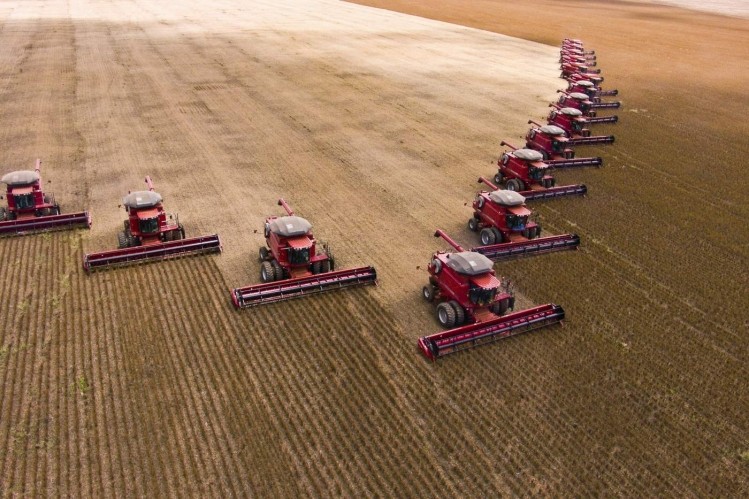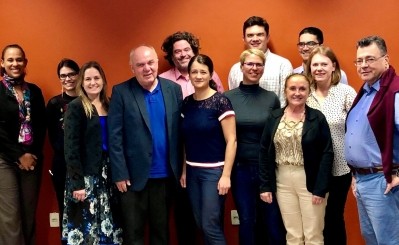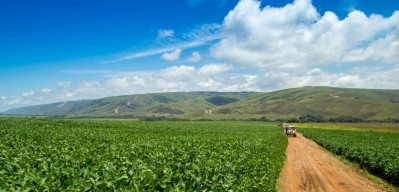Feed industry 'in violation of pledges' say human and indigenous rights defenders

On 15 February, a delegation of indigenous and human rights defenders from 11 forest nations issued a warning to the EU and its member states that the global trading system continues to sell products - among them animal feed - that are “destroying the lives and livelihoods of forest peoples in forest countries”.
Invited by two NGOs - the UK-based Forest Peoples Program and Both Ends in Amsterdam, the lobbyists issued the call for action following a three-day forum in Amsterdam on sustainable trade, indigenous and human rights and deforestation.
“Even the so-called legal industries are often linked to corruption, violation of communal land rights and impunity for environmental and human rights impacts, weakening local democratic institutions,” read the statement from a delegation made up of leaders and human rights defenders from Colombia, Peru, Paraguay, Guyana, Suriname, Argentina, Liberia, Cameroon, DRC, Malaysia and Indonesia.
Stronger rights protection
In its recommendations, the delegation called on the EU to introduce legislation that would close legal loopholes and require companies to complete strengthened human and land rights due diligence. For example, it would like to see agri-business development proposals having to include indigenous and local communities and apply solid protection for their rights - giving forest populations a say in the fate of their lands and resources.
It singled out the soybean industry for falling short of its responsibilities to protect communities and forests impacted by its activities.
“Countries like the Netherlands are major importers of soybeans and soy products, yet industrial soybean farming in my country is linked to forced displacement of communities, mass fumigation of rural communities by soy farmers, illegal deforestation and damage to aquatic ecosystems,” said one of the delegates - Franco Segesso of the Land Workers Union in Argentina.
The soybean industry is no stranger to being criticized for unethical practices. Last May, not-for-profit Mighty Earth published a report linking companies like Cargill and Bunge to massive deforestation activities in Brazil’s Cerrado and Bolivia’s Amazon basin.
At the time, Mighty Earth said the revelations cast doubt on the sustainability commitments of Cargill and Bunge, and highlighted “once again, the need for them to establish an effective industry-wide mechanism to stop deforestation”.
Cargill counters criticism
In response to the accusations made this month by the 11 forest nations that the feed industry is in violation of its pledges, a Cargill spokesperson provided FeedNavigator with this statement:
“Cargill does not condone violence or violations of human rights. We support the Voluntary Guidelines on the Responsible Governance of Tenure of Land, Fisheries and Forests to protect human rights and advance national food security. We also endorsed the New York Declaration on Forests to halt deforestation in our supply chains and are working diligently to meet our goal. We adhere to our Statement on Human Rights and we expect farmers, producers, manufacturers, and others to work with us according to our Supplier Code of Conduct- ethically and in compliance with applicable laws.”
The delegation arrived in Europe at a time when the EU faces stiff opposition from Malaysia and Indonesia to its proposal to ban palm oil for biofuel. The delegation made clear it supported the ban, and said that without it, meeting global demand would result in the loss of 45,000 sq km of forests - an area the size of the Netherlands - by 2030.








